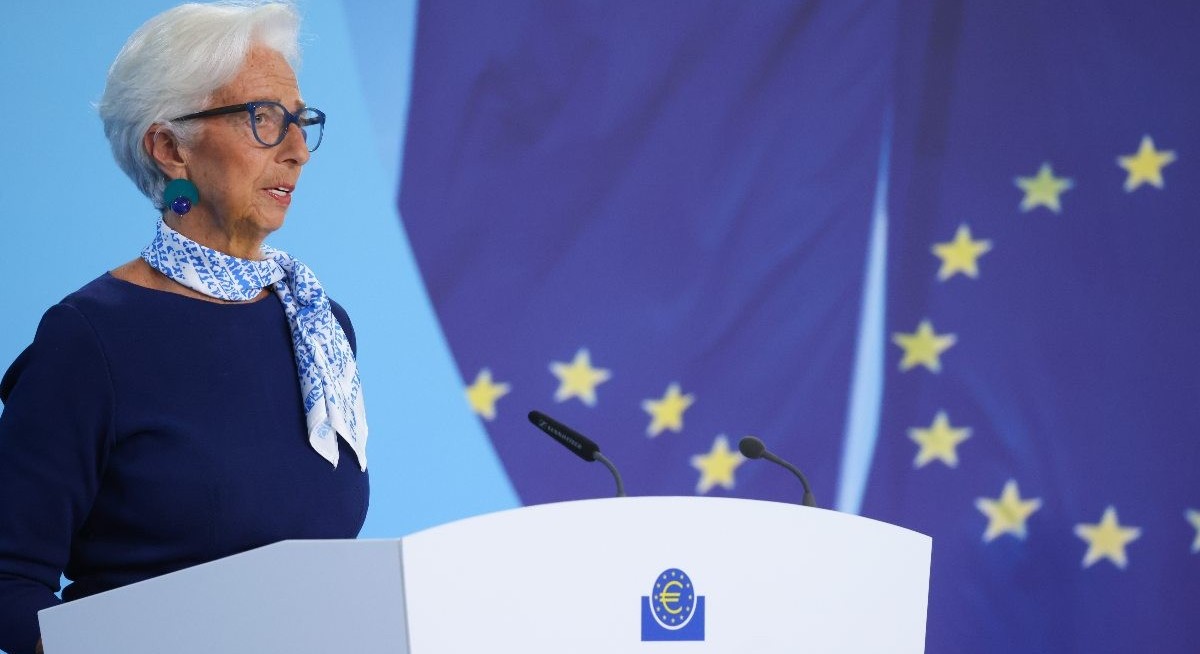“Inflation is currently at the 2% medium-term target,” it said in a statement. “The economy has so far proven resilient overall in a challenging global environment. At the same time, the environment remains exceptionally uncertain, especially because of trade disputes.”
The question now is whether policymakers will add to the eight reductions in borrowing costs they’ve made since June 2024 or whether their monetary-easing campaign is over. President Christine Lagarde has said the ECB is in a good place to handle other challenges beyond trade, including the strength of the euro and an upcoming jump in public spending on infrastructure and defence.
Investors maintained bets on 22 basis points of rate cuts by year-end. Economists polled before the decision predict a final quarter-point move of the cycle in September.
See also: Norway launches probe into former PM over links to Epstein
Bonds held onto an earlier drop following the ECB’s decision, with the German 10-year yield about three basis points higher at 2.67%. The euro was also little changed, remaining about 0.1% lower at US$1.1755 ($1.50).
Lagarde may offer an updated view on the euro zone’s 20-nation economy in a Frankfurt press conference at 2.45pm. The ECB warned at its last meeting in June that an adverse scenario with steep tariffs would lead to considerably weaker growth and inflation lower than predicted.
The ECB met just over a week before US President Donald Trump’s latest deadline for the European Union to strike a trade agreement. While the bloc has readied countermeasures — at potentially high economic cost — diplomats briefed on the negotiations are hopeful that progress is being made toward a deal with a levy of 15%.
See also: ECB holds rates as Euro rally and tariffs threaten economy
ECB Vice President Luis de Guindos has already cautioned that growth will be “almost flat” in the second and third quarters after firms front-loaded business at the start of 2025 to dodge higher levies later on. A reading for gross domestic product between April and June is due on July 30.
Recent data have backed Guindos’s assessment. Companies’ appetite for loans remained subdued in the second quarter, while a gauge of private-sector business activity showed the region is only regaining momentum gradually.
The euro’s more than 13% ascent against the dollar this year poses another test, threatening to weigh too heavily on consumer prices. The ECB is already forecasting inflation will fall short of its goal next year.
That’s prompted Governing Council members including France’s Francois Villeroy de Galhau and Finland’s Olli Rehn to warn of a prolonged undershoot. Executive Board member Isabel Schnabel, however, reckons the economy is resilient and deems the bar for another rate cut “very high.”
Joining this debate is Olaf Sleijpen, who’s just succeeded Klaas Knot as head of the Dutch central bank. Austria’s Robert Holzmann will retire in August, while Portugal’s Mario Centeno may not be reappointed after his term recently expired.




